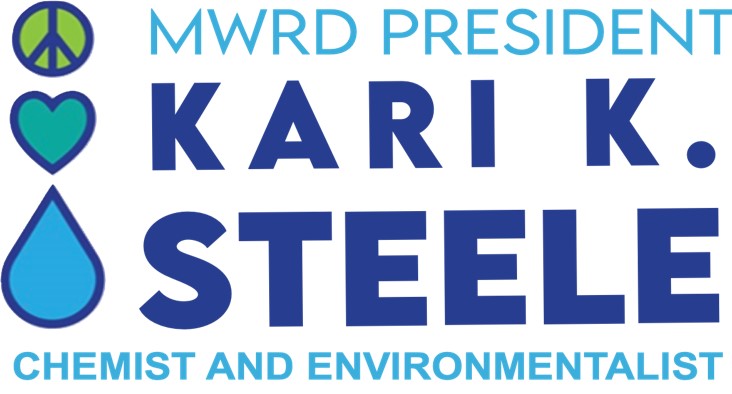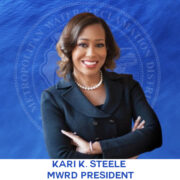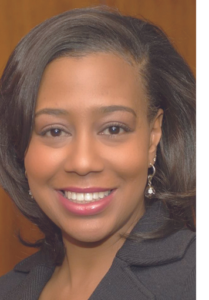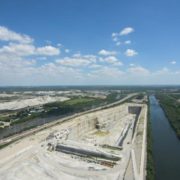West Side faith leaders push for investigation and compensation for flooding victims.
West Side faith leaders push for investigation and compensation for flooding victims.
Source: Austin Talks, 7/11/23
Metropolitan Water Reclamation President Kari Steele has been summoned to the West Side Tuesday morning to address the historic flooding that occurred after the massive rainfall on Sunday, July 2.
At the same time NASCAR vehicles were speeding through downtown streets, West Side residents found themselves fighting for their lives as they swam for safety from cars stuck on flooded streets, and they continue to suffer with the damages of flooded basements, living rooms, kitchens and bathrooms, prompting the Leaders Network to push for more help from officials.
Insurance companies have been telling some West Siders their home insurance policies won’t cover the devastating damages to their furnaces, appliances and furniture. Nine days after the flooding, too many people still have flooded homes in what has become a catastrophe.
Rev. Ira Acree lamented that once again, the West Side has been shockingly and shamefully abandoned during this crisis of epic proportions. It is appalling the city, county and state has displayed a disturbing lack of urgency to help this proud community, said Acree, senior pastor of Greater St. John Bible Church.
“The great Chicago flood last Sunday brought widespread devastation to West Side families,” said Rev. Marshall Hatch of New Mount Pilgrim Church. “People in my neighborhood are still assessing painful loses, raising questions, and seeking redress and relief.”
The Leaders Network is demanding:
- An investigation into how the flooding occurred
- Compensation for West Side residents
- Solutions to prevent flooding
“All of us share the outrage of our neighbors,” said David Cherry, president of the Leaders Network. “They have seen years of hard work destroyed in a single day with few or no options for help.”
Cherry said affected residents are expected to shared their stories Tuesday morning at the Leaders Network’s monthly meeting at Columbus Park Refectory.
In addition to President Steele, Illinois Senate President Don Harmon, 37th Ward Ald. Emma Mitts and Rev. Janette Wilson of Rainbow PUSH Coalition are expected to be at Tuesday’s meeting.
“West Side residents endured the storm but got swamped with sewer water in their basements,” Pastor Cy Fields of New Landmark Church said. “Where’s the relief, where is the help? It is shameful we’re left stranded on a raft with no help in sight from our elected officials.”





